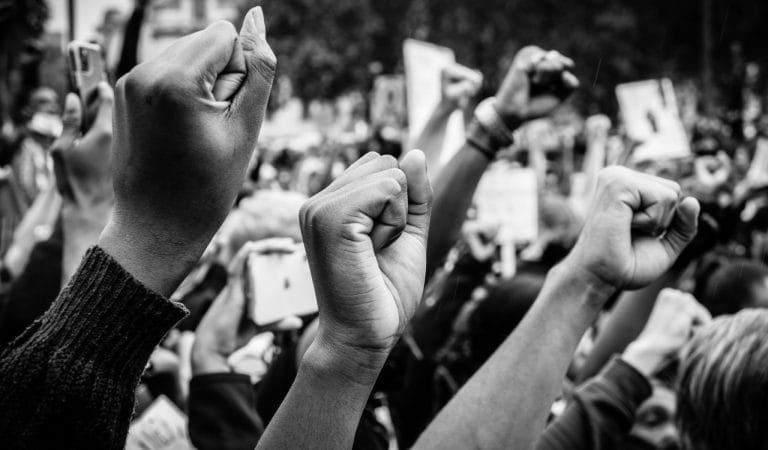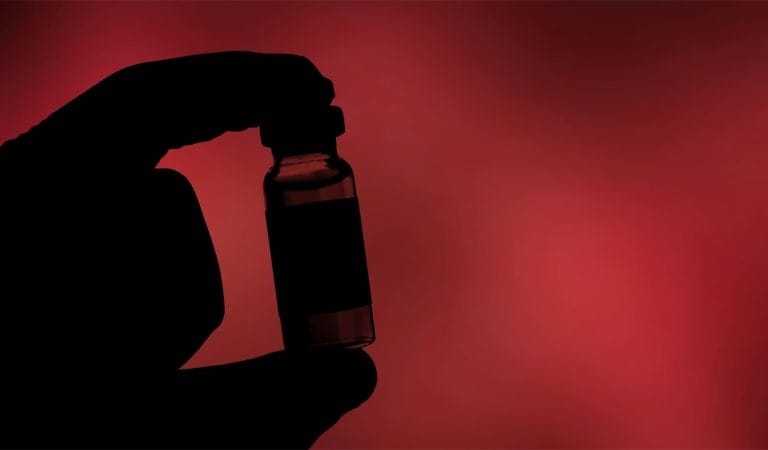The Year of Elections
This is the year of elections, with 50 (World Economic Forum), 64 (Time), or 80 (Guardian) countries and the EU going to the polls, accounting for almost half the world’s total population. The list includes the US and India, the world’s most powerful and populous democracies, respectively. The US presidential election is the most internationally consequential of all while, by sheer weight of numbers, India’s is the most awe-inspiring.
The Year of Elections Read Journal Article











